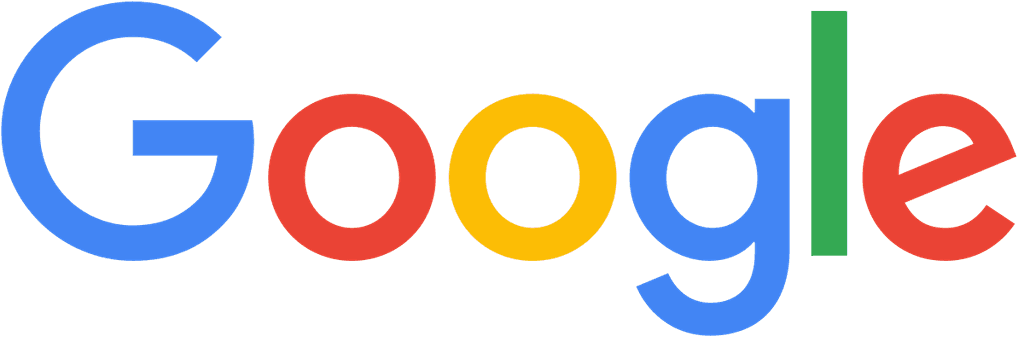We ran a series of sprints to help users make better decisions at the moment when they were out and about exploring, finding places to eat, or shopping.
We ran a series of sprints to help users make better decisions at the moment when they were out and about exploring, finding places to eat, or shopping.
We ran a series of sprints to help users make better decisions at the moment when they were out and about exploring, finding places to eat, or shopping.
These prototypes leveraged technology like AI, QR codes, beacons, and geo-tagging to give people the right information at the right time.












